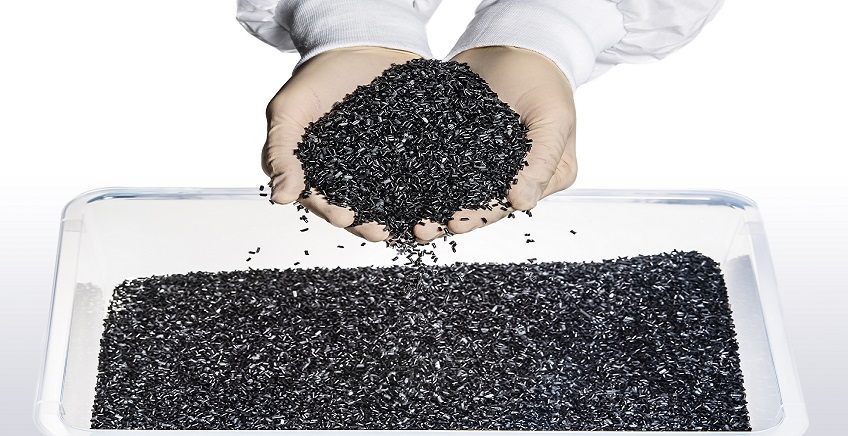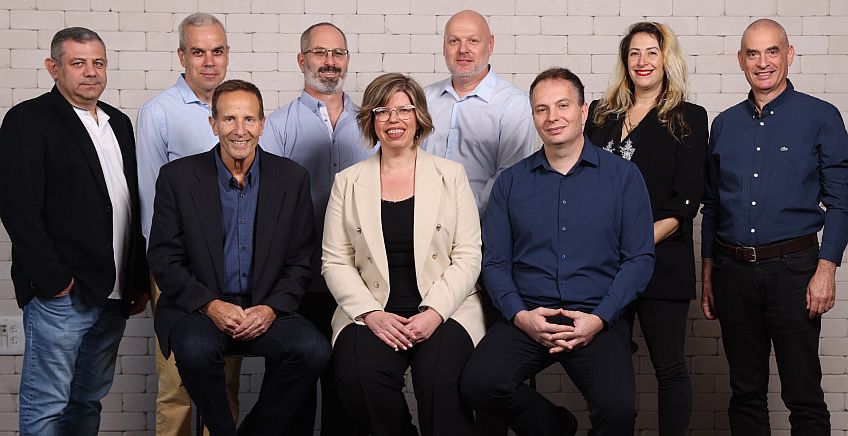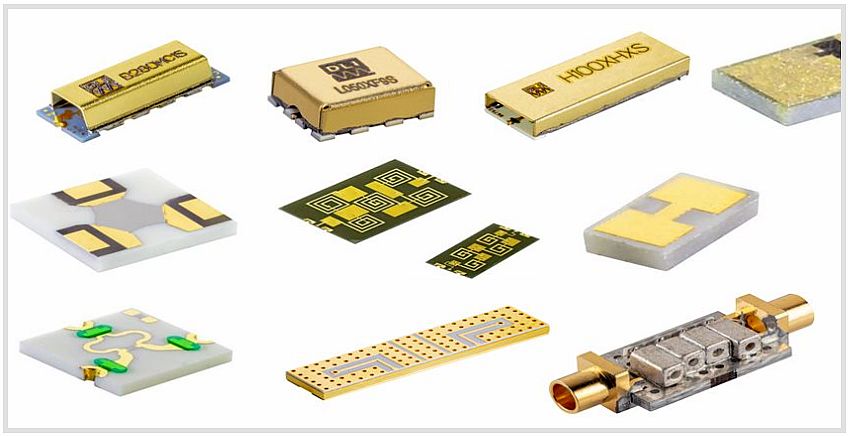Frisimos’ Robotic Assembly of Cables
10 December, 2023
The modular fully automated line assembles USB-C, Ethernet and more cables and connectors, and perform quality tests for each unit. It won Productronica 2023 Innovation Award
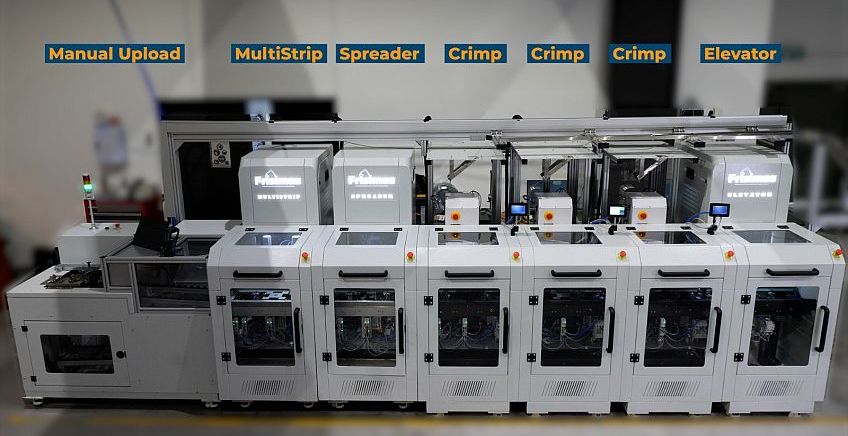
Frisimos Technologies won the prestigious Innovation Award at Productronica 2023, held in Munich last month, for itss ground-breaking modular, robotic assembly line of communication cables and connectors. At this moment, Frisimos’ fully automatred line consists of 20 distinct modules. When combined together, they form an aparatus seccessfuly assembling the cables and connectors, and test the quaity of each assembled unit. Tal Pechter, CEO and co-founder of Frisimos told Techtime that the automatic assembly line is more efficient and cost-effective than conventional manual assembly.
Pechter stated that a skilled employee can produce 8-9 products per hour, with one of them being faulty. On the other hand, their robotic machines assemble 180 cables per hour, with a 99.5% productivity rate, which means that only one out of every 200 cables is faulty. In addition, within 4-5 years of operation, the automated line is more cost-effective than hiring the cheapest Indian employee, for example.
Human-like agility and sensibility
Frisimos was founded in 2013 by the CEO Tal Pechter, the CTO Hanan Ben Ron, and the late Alex Kornhauser, former GM of Intel Fab in Israel. It currently employs 30 employees. Since its foundation it has raised $10 million. The company has developed a variety of miniature robotic technologies that provide the ability for the assembly lines to function with human-like agility and sensibility. Among these technologies are laser cutting technology, which allows for the removal of the thin shield that protects the wires of M12, M8, USB-C, and Ethernet cables; isolation stripping robot; a miniature robot that removes remains of a partially stripped jacket and performs shielding- braid brushing.
Pechter: “Currently, the assembly of the connectors is done manually, which results in chaos. If you examine a USB-C cable, for instance, you can’t tell which version you bought and how many wires are inside. Except for selected processes, there is no automation in this field, and even automated machines, such as cutting machines, require a human operator. One reason that the global cable industry didn’t develop automated manufacturing processes is that it is an HMLV (High-Mix Low-Volume) market, making it less feasible to invest in automation.”
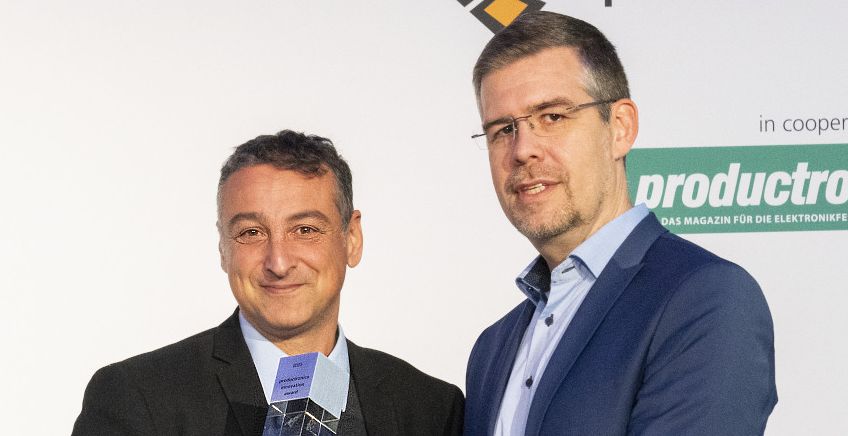
Transforming the Business Model
“We solved the issue by creating a modular solution: separate robots for different tasks. This approach provide us with the flexibility needed to design and build different production lines as per the requirement, modify the line as per the changing needs, incorporate third-party modules, and rapidly adjust the line as per the product’s requirements. This means that the production line can be instantly customized according to the client’s needs. We also provide a quality control test station that meticulously checks every cable against a set of rigorous standards. This process can’t be done manually.”
What is your operation method in production and sales?
“We are doing the development in-house with a skilled staff consisting of machine engineers, software engineers, algorithm and robotics experts and in our owned advanced production workshop. The production and assembly of our modules is currently carried out by Israeli subcontractors. Our initial major sales started in 2021, primarily to large customers such as Phoenix Contact, a company that produces millions of cables annually. Next, we expanded to Italy and Israel and started selling the modules to cable manufacturers. Today, we develop two additional MaaS (Manufacturing as a Service) models: equipment leasing and Pay Per Use.
“It is expected that these models will be available in the market by 2024. They suit manufacturers that are still small and prefer growing together with sales growth. We are currently continuing the development of new modules alongside our ongoing tasks. An average production line consists of 6-14 modules. Six of these are core modules, while the others depend on the cable type and specific requirements. This modular structure provides us with the ability to adjust each module to the client’s needs, standard modifications, or entering new fields, such as optical cabling.”
Could you provide more details about the Productronica award?
“We won in the Cables, Coils & Hybrids category, and it was an exciting event. We were delighted to receive an overwhelmingly positive response about our employees who are currently on active reserve service during our participation in Productronica. The participants expressed their satisfaction with the winning of an Israeli company especially these days. Following Productronica 2023 and winning the award, many doors have been opened, and we are now communicating with dozens of potential customers. I would say that every major global company is currently evaluating or purchasing our technology.”
Translated by P. Ofer
Posted in: News

